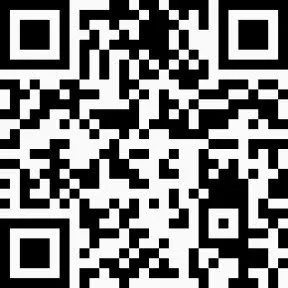Rates of substance use disorder (SUD) are much higher among LGBTQ people than their cis-het counterparts. Research by the Trevor Project released in January 2022 shows that LGBTQ youth under 21 are more likely to use substances such as alcohol or cannabis. Queer adults are twice as likely to use stimulants and hallucinogens, according to the Substance Abuse and Mental Health Services Administration.
"This disparity is deeply rooted in the collective experience of marginalization, which takes a significant toll on many of us," Marc Shelffo, program director at Peer Seattle, told the SGN. Peer Seattle provides services to the LGBTQ community, lots of which aid in recovery from substance use disorder (SUD). As a large number who suffer from SUD also struggle with mental health or homelessness, it also provides resources for them.
"According to the Williams Institute at UCLA Law, LGBTQ+ adults are twice as likely to experience homelessness compared to the general population," Shelffo said. "LGBTQ+ youth account for 25–45% of unhoused young adults, a staggering overrepresentation compared to their cisgender, heterosexual peers."
With a variety of programs and support groups, Peer Seattle aims to help LGBTQ people in every aspect of life. From one-on-one peer coaching to support groups and employment assistance, it meets people where they are at and provide the resources to better their lives. It runs a fully stocked Narcan vending machine, which also supplies fentanyl tests and safe-sex kits as a form of harm reduction.
"Many LGBTQ+ individuals who seek help do so while navigating fresh trauma or ongoing crises like domestic abuse," Shelffo said. "Addressing these challenges requires a comprehensive, multipronged approach that includes medical support, social services, and a strong, family-like community. This network provides the strength, resources, and hope necessary for [them] to find safety and stability."
Shelffo, a Queer person who has struggled himself with SUD and homelessness, understands the way it can be dehumanizing.
"The cornerstone of my work is meeting people exactly where they are, without judgment or perpetuating shame," he said. "I aim to help others recognize their agency and the power of choice in their lives. Recovery is most transformative when it is self-directed, offering healing on multiple levels. As a peer, my role is to support this process by asking individuals what they believe is the next best step toward their goal – whatever that may be."
There are numerous resources for those struggling with SUD in the city. North-point Seattle offers an outpatient program for LGBTQ people that considers the complexities they often face and treats the person as a whole. Integrated Counseling Services offers counseling by therapists who are informed about the struggles many LGBTQ people experience alongside SUD.
"The path to true connection, however, lies in choosing the long game," Shelffo said. "It's in doing the hard, messy, and rewarding work of reclaiming ourselves and building authentic, supportive relationships. While that process takes time, it's the foundation for genuine healing and transformation."
For more information visit https://www.peerseattle.org.
Support the Seattle Gay News: Celebrate 50 Years with Us!
As the third-oldest LGBTQIA+ newspaper in the United States, the Seattle Gay News (SGN) has been a vital independent source of news and entertainment for Seattle and the Pacific Northwest since 1974.
As we celebrate our 50th anniversary, we need your support to continue our mission.
Your contribution will ensure that SGN remains a beacon of truth and a virtual gathering place for community dialogue.
Help us keep printing and providing a platform for LGBTQIA+ voices.
How you can donate!
Using this Link
Text "SGN" to 53-555
Or Scan the QR code below!



